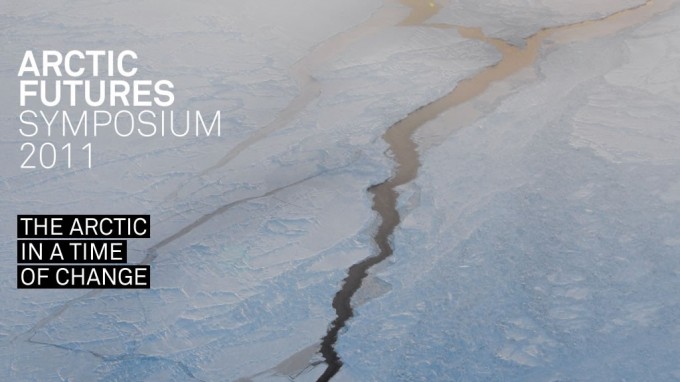Debating the EU's Role in the Arctic: A Report from Brussels

This past week Brussels became the meeting place for Arctic dialogues: The 2nd Arctic Futures Symposium and the launch of a research publication ‘The Spitsbergen Treaty: Multilateral Governance in the Arctic‘ edited by Diana Wallis MEP.
Two conflicting statements resonated through the discussions, a) the European Union has no interest in promoting new governance frameworks in the Arctic, as existing structures are sufficient and b) it could be of interest to the EU to develop new frameworks of governance, as those already in place are outdated and not capable of dealing with increased interest in the Arctic.
The 2nd Arctic Futures Symposium, organized by the Polar Foundation and the Prince Albert II of Monaco Foundation, was held at the end of last week in Brussels. In contrast to last year’s inaugural symposium, which took place in the European Parliament, the event has now been moved out of the European neighborhood and into the Royal Library of Belgium. One could question the symbolic significance of this, as the EU’s engagement in Arctic matters has not been uncontested.
The majority of the symposium’s speakers spoke on behalf of Arctic states and the seeming lack of EU officials in attendance and on the list of participants was striking. The European Commissioner for Fisheries and Maritime Affairs’ speech, however, had some points worth noting. The Commissioner, Maria Damanaki, emphasized that the EU’s Arctic engagement has been misunderstood: The EU is not interested in new governance frameworks; instead, it fully supports existing cooperation and remains interested in aligning itself with the general interests of the Arctic littoral states.
The Commissioner’s statement marks the continuous shift in EU attitudes towards the region. While EU Arctic discourse from 2008 called for a resource moratorium and portrayed the region as a “wild west” without sufficient governance, in the meantime both the European Commission and the European Parliament have adopted a more balanced approach.
Nevertheless, some European actors seem to have a different agenda. Diana Wallis, a Member of the European Parliament from the United Kingdom for the ALDE Group and one of the body’s Vice Presidents, held a presentation yesterday to promote a research publication The Spitsbergen Treaty: Multilateral Governance in the Arctic’ suggesting the need for a revision of the current Arctic regime. The presentation was jointly organized with the Bellona Foundation, a multi-disciplinary international environmental NGO based in Oslo, Norway.
The discussion mentioned that the Svalbard Treaty from 1920 needed extensive updating in order to fit the current political environment where more actors are becoming active in the region. The status of Svalbard had previously been discussed at a 2006 meeting in London at which representatives from ten states attended. Norway, the country administrating the archipelago, did not participate.
The presentation provoked debate among participants: Mr. Niels Engelschiøn, Norwegian Ambassador to Belgium, highlighted that, from a Norwegian perspective, there is no need to revision or update the existing treaty. His remarks are of particular interest, since it has been longstanding Norway Arctic foreign policy to avoid any international debate on the topic.
While EU’s institutions as a whole have taken a more nuanced approach to the EU’s engagement with the region, differing opinions, some not in line with the interests of the Arctic littoral states, certainly remain present in Brussels. In comparison to the points of view conveyed at the Arctic Futures Symposium, Ms. Wallis’ presentation and statements triggered stronger reactions from Arctic actors. While her contributions drive the Arctic debate forward, such statements may prove a hindrance for the EU in its attempt to achieve Arctic legitimacy and secure the coveted goal of observer status in the Arctic Council.